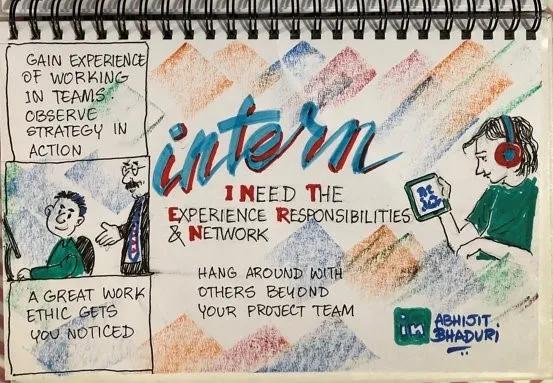The Internship Dilemma: Bridging the Industry-University Gap
An internship is an invaluable learning experience for university students pursuing careers in a specific field. In the tourism and hospitality industry, internships play an even more critical role by introducing students to the workplace, along with its unique rewards and challenges. Despite the crucial role that training plays in ensuring that students receive the relevant learning exposure to their chosen careers, there remains a disconnect between the industry expectations of interns and universities’ preparation of interns for internship placements. The Malaysia Education Blueprint 2015-2025 (Higher Education) recognises this mismatch, with employers reporting that graduates lack the necessary knowledge, skills, and attitudes in demand at the workplace. Therefore, work-based learning, such as internships, contributes significantly to student learning experiences and development of relevant 21st-century competencies.
There are several vital dilemmas surrounding the gap between industry and university expectations.

Firstly, employers expect interns to have specific knowledge and skills before the internship begins, which universities may not adequately prepare students for. Despite universities' best efforts, many students are unprepared for the workplace because they lack the technical knowledge and skills to perform tasks successfully. The academic environment differs significantly from the workplace, and it can be challenging for students to transition from theory to practice.
Secondly, employers often prefer extended internship periods, ranging from six months to a year, to provide ample time for interns to learn and contribute to the organisation. However, universities are bound by academic regulations stipulating the duration of internships. Additionally, an increased time frame for internships would impact the course duration of the educational programmes and delay students’ graduation.
Thirdly, unpaid / low-pay internships pose a dilemma for interns. While paid or unpaid internships provide valuable experience and networking opportunities, they can be financially challenging for students who need to support themselves during their internships. This can also perpetuate inequalities in the industry where such training may favour students from more affluent backgrounds rather than an opportunity for all students.
Lastly, interns often face the dilemma of a lack of responsibility or learning opportunities given to them during their internships. Employers may hesitate to give interns too much responsibility, making interns feel underutilised and undervalued. Conversely, giving interns too much responsibility can be overwhelming and potentially lead to mistakes that can harm the organisation. There are also instances where supervisors are not skilled at mentoring or teaching interns, where their behaviour ranges from a laissez-faire approach to a micromanaging one. This results in frustration among interns, which may impact their decisions to pursue careers in the industry.
There are areas of exchange and collaboration that industries and universities could embark on to address these issues and bridge the existing gaps.
From the university perspective, offering more practical experience opportunities, such as real-life and hands-on projects, case studies, and simulations, and partnering with employers to provide value-added internships with mentoring and coaching components can help bridge the gap between theory and practice. Universities may also offer extended internships as part of their optional programs, allowing students to gain more experience and contribute more to the organisations they work with. Universities should consider offering internships as the final module of the programme to allow room for an extension of the internship or possible employment, thus creating a win-win situation for all parties concerned.
On the part of the industry, while we are seeing more and more employers offer paid internships, offering other assistance such as accommodation or transportation would go a long way in alleviating hardships and act as an attractive feature of the training provided at the company. To ensure a productive and satisfactory internship outcome for both students and themselves, employers can set clear expectations and goals for interns, providing mentoring and coaching support and gradually increasing interns' responsibilities as they gain more experience and confidence in their roles. There could also be training for supervisors on the skills necessary for managing interns. All of which serve to create a positive experience as well as positive perceptions about employment in the industry.
The internship dilemma is a complex issue requiring a collaborative effort between universities and employers. Universities need to offer more practical experience opportunities to students to prepare them for their internship better and reassess the internship structure. Employers may need to be open to limited internship periods but with a scope for better-paid training. With these efforts, we can bridge the gap between industry expectations and universities’ preparation efforts and create a more seamless transition from education to the workforce.
Vijaya Malar Arumugam
School of Hospitality and Service Management
Email: @email
Anisha Chai Mee Fong
School of Hospitality and Service Management
Email: @email




